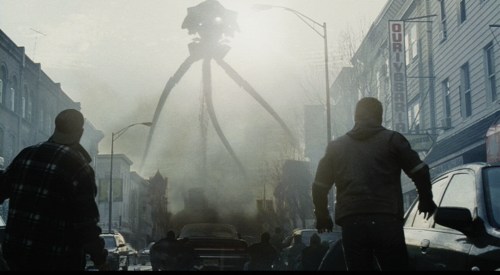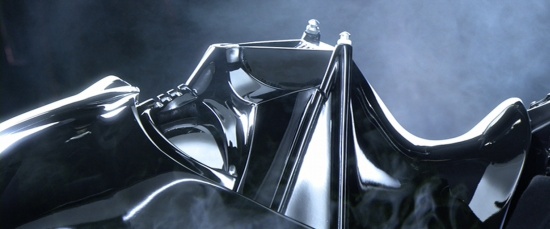The Graduate (Mike Nichols, 1967)
There are few films that are so associated with a particular moment in time as The Graduate. It’s the definitive Hollywood inter-generational sex comedy, but it’s also one of the most important youth pictures of an era defined by the actions of its university-age population. The Graduate was a defining film for the emerging late-sixties youth movement, and the virtues of the film remain clearly apparent nearly forty years later: while it might be dated, its palpable sense of period is also one of its great virtues. (Its wall-to-wall use of Simon & Garfunkel songs as score, for example, is extremely evocative). Yet it remains an intriguing movie precisely because of its association with the political turmoil of the late sixties. It is, ultimately, a deeply cynical film that was adopted by an idealistic generation. Why a film that sees youthful rebellion as futile was so heartily adopted by the late-sixties college crowd remains deeply puzzling.

